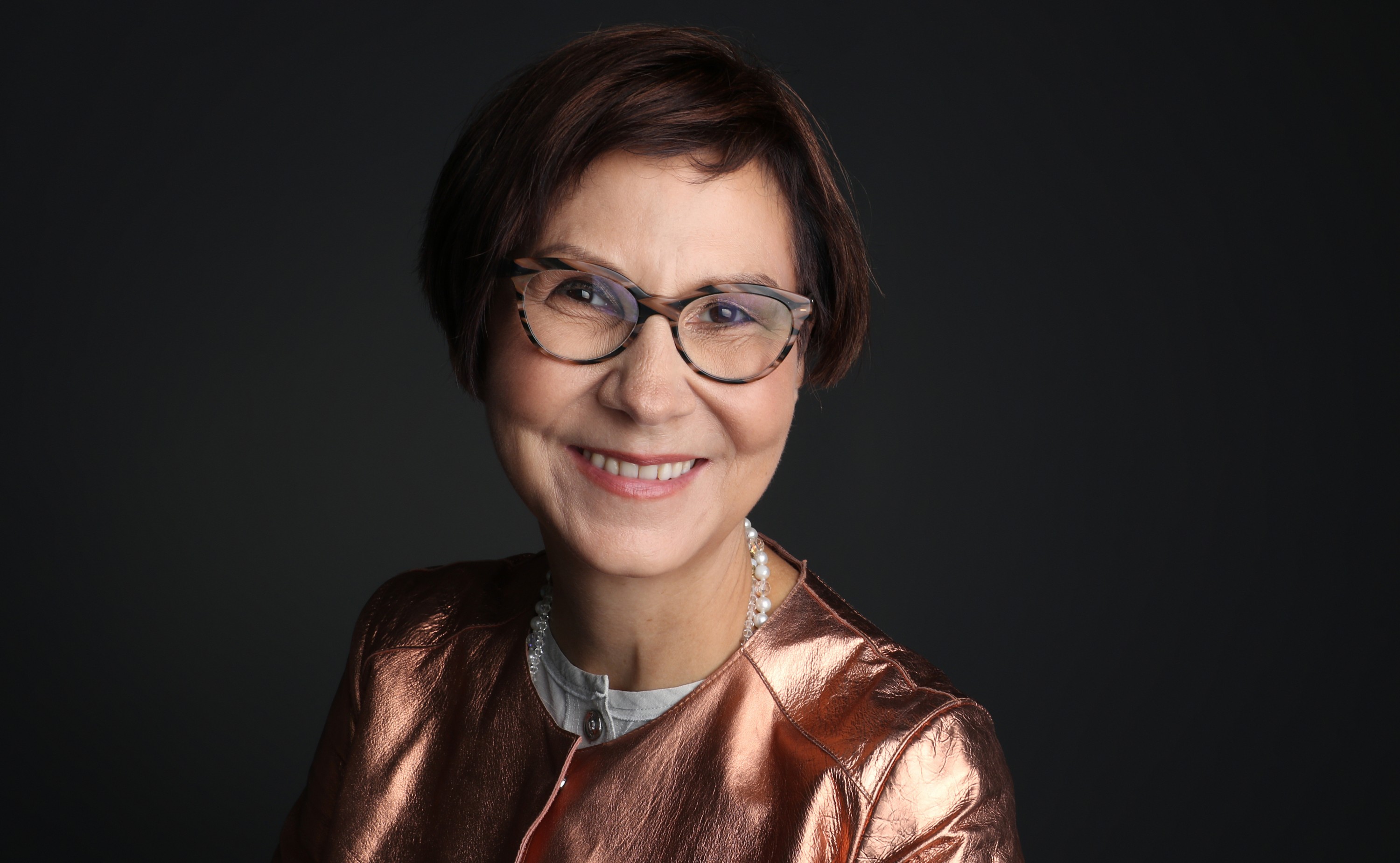In January of 2022, Canada rang in the new year with a landmark $40-billion settlement for Indigenous youth harmed by the country’s discriminatory child welfare system, which had severed them from their communities for decades.
Indigenous child welfare advocate Cindy Blackstock — who first filed the human rights complaint against the federal government in 2007 — welcomed the historic settlement, but warned it was just “words on paper” and that “we have to see the government actually deliver this stuff.”
Sure enough, as the calendar turned to 2023, it appeared those words on paper were indeed in jeopardy. The agreement was rejected by the Human Rights Tribunal last October, after it ruled that the $20-billion cap for compensation of individuals would leave out many eligible survivors.
As the federal government ordered a judicial review of the settlement, the Assembly of First Nations grappled over what to do next.
That’s when Blackstock once again stepped into the national spotlight, imploring the assembly to make sure “no child is left behind.”
“We have had too many apologies, we’ve had too many compensation deals, we’ve had too many kids hurt. And this has got to be it,” she said.
Last month there were signs of significant progress. The federal government and Assembly of First Nations told the court they were close to an agreement on a proposed $20-billion settlement package for victims of the on-reserve child-welfare system.
Since founding the First Nations Child & Family Caring Society in 1998, Blackstock has become Canada’s leading champion for the rights of Indigenous children and families. The society “works to ensure the safety and well-being of First Nations youth and their families through education initiatives, public policy campaigns and quality resources to support communities,” says Blackstock.
Translating research into solutions
For the past decade, her tenacious advocacy has been fuelled by evidence-based research centred in the University of Alberta’s Faculty of Education. In 2012 she founded the First Nations Children's Action Research and Education Service (FNCARES) in partnership with her society.
“Over the years, we've spent a lot of time doing public education, equipping the average citizen with things they can do to make a difference in implementing the Truth and Reconciliation Commission’s Calls to Action,” says Blackstock.
Under the direction of Melisa Brittain in the Educational Policy Studies program area, FNCARES aims to highlight “the structural drivers of disadvantage” for Indigenous children and their families, translating their research into “pragmatic, community-based solutions,” directly involving First Nations communities and their children in the process.
Their research helped the Caring Society and the Assembly of First Nations first file suit against the Canadian Human Rights Commission in 2007, arguing that the federal government’s policies and funding practices discriminated against Indigenous children based on race.
Most important, says Blackstock, FNCARES is dedicated to exposing the unconscious bias that normalizes such discrimination.
“When you talk about the biggest fight, it's really against that attitude — the discrimination towards First Nations folks that wouldn’t be acceptable if perpetrated against other populations.
“Colonialism really manufactured a system where non-Indigenous people didn't see the discrimination, even though it was in plain sight.”
Public attitudes have been shifting lately, she says, partly due to the recent uncovering of unmarked graves of children at a number of former residential schools. Despite some progress, Blackstock refuses to relent in her ongoing fight for reconciliation, with FNCARES right at her side.
One of the research group’s SSHRC-sponsored projects, involving several universities, examines teachers’ perceptions of how reconciliation activities are affecting children.
“We wanted to find out what teachers felt, because if there were any adverse impacts, we wanted to address those right away. If there were positive impacts, we wanted to learn from them and blossom,” says Blackstock.
Exposing colonialism
FNCARES has also collaborated with American cult expert Steven Hassan of the Freedom of Mind Resource Center to produce resources and events about colonization and mind control.
According to Blackstock, the Canadian government used propaganda to construct distorted views of Indigenous peoples, allowing for “the theft of land, children and resources through mass displacement, starvation, suppression of culture.
“FNCARES lets us ask new questions and unpack colonialism in new ways. We’re interested not just in how colonial mind control affected the non-Indigenous population, but also how it affected Indigenous populations.
“It got us into patterns of behaviour that maybe weren’t always in our interest.”
Undergirding those mind-control patterns — still prevalent in the post-secondary environment — is the “dichotomy that underlies colonialism,” she says, and the assumption that everything western is civilized, everything Indigenous somehow savage.
Exposing those assumptions is a big part of reconciliation, she adds, and of providing a brighter future for children and their families.
“Dr. Blackstock holds steadfast to her vision of ensuring that every First Nations child in Canada gets the services and resources they need to thrive in the face of monumental opposition,” says Brittain.
“She is guided by a moral compass that will not allow her to quit and will not allow us to leave even one child behind. Our research and public education work at FNCARES is dedicated to making this vision a reality.”
